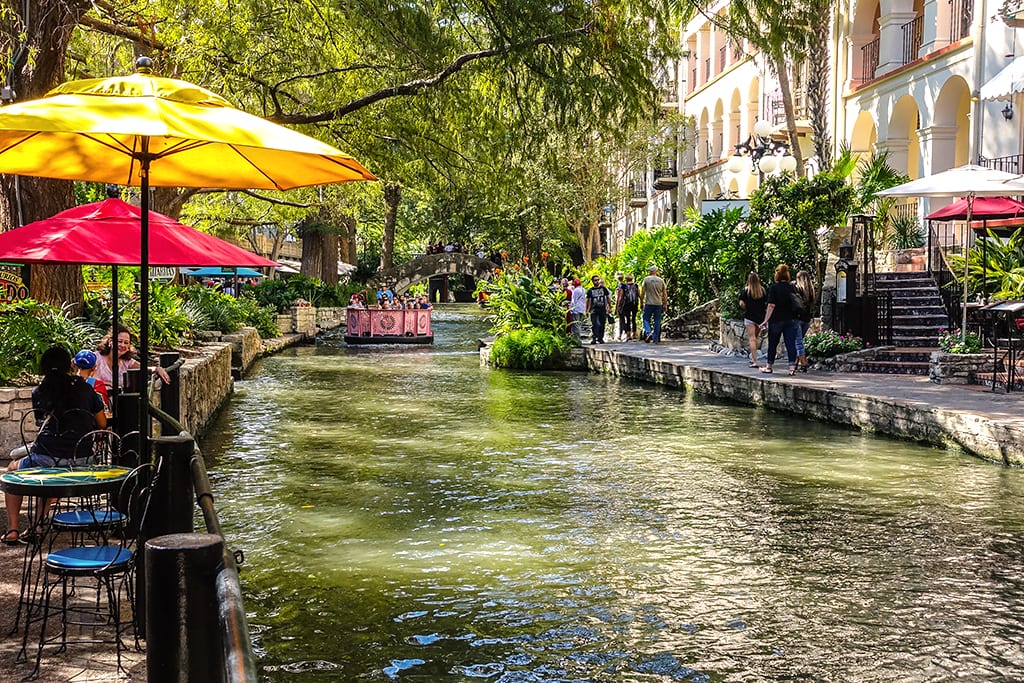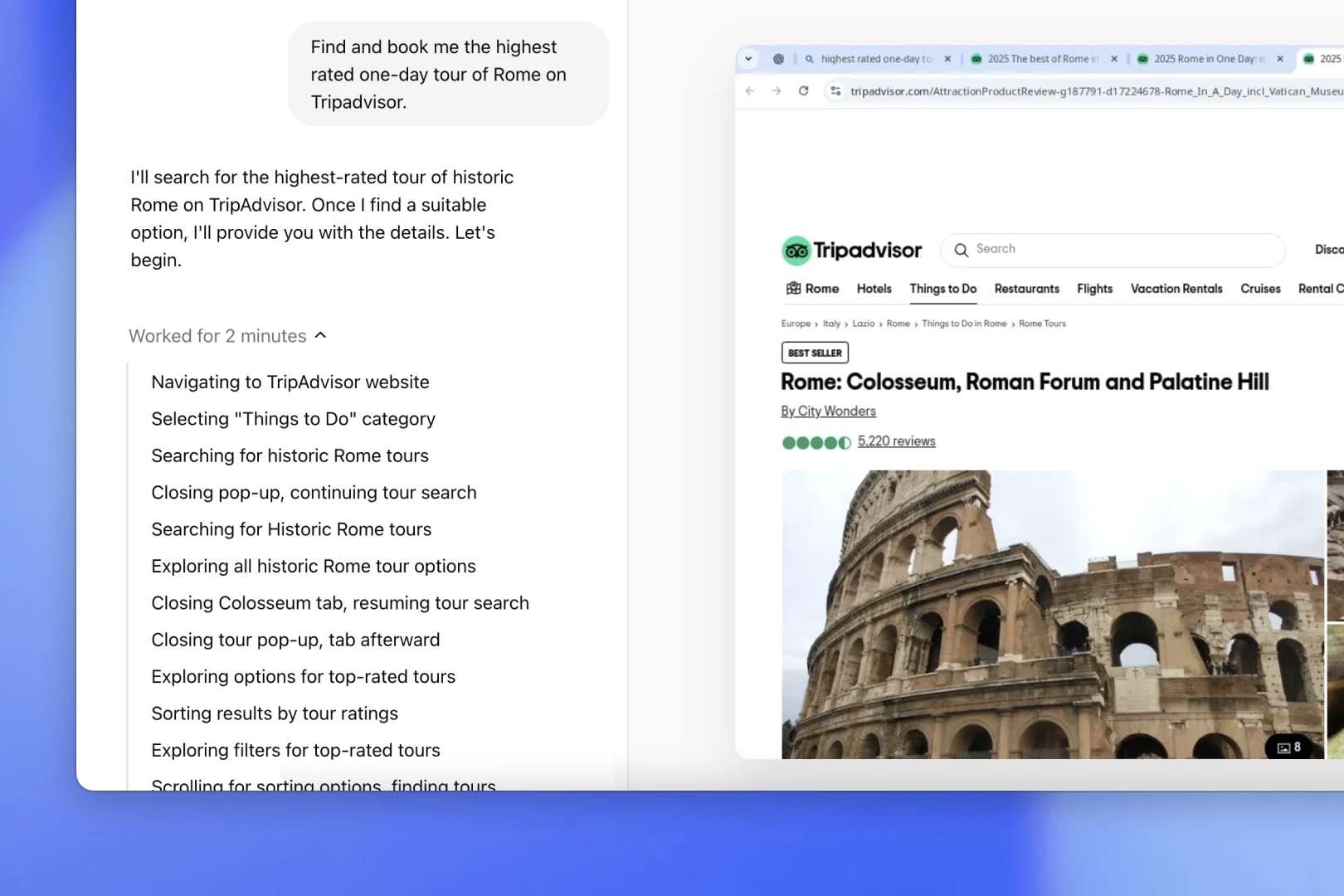San Antonio’s Cross-Sector Collaboration Is Key to Attracting Important Meetings and Events

Skift Take
This sponsored content was created in collaboration with a Skift partner.
The University of Texas at San Antonio recently secured funding to build the National Security Collaboration Center to advance research in cybersecurity, data analytics, and cloud computing. The purpose of the facility is to create an integrated knowledge-sharing network engaging government, industry, and academia to design the future of information privacy and protection.
Collaboration is big business in San Antonio. In a sustained effort to attract high-tech companies and large events, the City of San Antonio is actively promoting the convergence of its advanced industries and spirit of collaboration across the public and private sectors. Industry and government leaders are also emphasizing how outside organizations have streamlined access to local intellectual capital and city resources.
Part of that effort is driven by the many U.S. military research facilities in the area that work together to continuously develop new innovations in technology and healthcare, in fields such as cybersecurity and virtual medical treatment. The volume of U.S. Department of Defense resources in the city has provided a significant foundation for the growing talent pool and knowledge base in the region, especially in tech, science, manufacturing, and medicine.
Visit San Antonio is leveraging that expertise and cross-sector collaboration to support meeting and event planners in advanced industries more effectively. The organization has been expanding its networks deeper into the STEM sectors to better connect conference planners with leaders in their respective fields.
“The future of destination organizations like ours is all about strategic partnerships,” said Casandra Matej, president and CEO of Visit San Antonio. “Planners want to know what industries are in our city, and to connect them with those industries.”
One way they do that is by introducing meeting and event organizers to people like retired Major General Juan Ayala, Marine Corps, who is now Director of Military and Veteran Affairs for the City of San Antonio. He has deep ties with military scientists and administrators in the local technology and healthcare sectors, many of which he says are global leaders in their fields.
For example, Brooke Army Medical Center (BAMC) in San Antonio hosts the top Level 1 Trauma Hospital in the entire Department of Defense. The United States Army Institute of Surgical Research serves as the primary facility caring for combat burn casualties within the Department of Defense. And, the Navy Medical Research Unit – San Antonio is a leading institution focusing on craniofacial care and directed energy research to improve the survival of Department of Defense personnel.
“The robust and exceptional military medical research and treatment facilities in San Antonio help attract medical associations, affiliates and conferences here,” said Ayala. “One of the biggest concerns has been access to these facilities, which isn’t always easy because they’re on active military installations. However, we have a great relationship with the commanders, and so, with a reasonable amount of notice we can facilitate access."
Also, Visit San Antonio and the Department of Defense are supporting one of the largest cyber/IT conferences in the country, hosted in San Antonio in November. The event focuses on current developments in cyberspace and future challenges in Intelligence Surveillance & Reconnaissance operations in military operations.
“We recently supported a visit, sponsored by The City of San Antonio’s Economic Development Department, of 60 foreign business leaders who were touring Texas and searching for business opportunities,” explained Ayala. “They toured the city’s cyber facilities, the convention center, and the missions, like the Alamo. Although, it’s interesting, they indicated on their post-action survey that BAMC and the medical research facilities were their favorite sites.”
Repeat Destination for Mega-Events
San Antonio has proven, repeatedly, how the public and private sectors work well together to host big events For example, the NCAA Men’s Final Four college basketball championship series in San Antonio’s Alamodome in March 2018 was so successful that the city was awarded the Final Four again in 2025. That will be the fifth time the Alamo City has hosted March Madness, which few other metropolitan regions in the country (and none in Texas) can match. The NCAA Women’s Final Four will also be held in San Antonio in 2021 for the third time.
Jenny Carnes, executive director of the San Antonio Local Organizing Committee for the 2018 Final Four, explains that all of the new infrastructure upgrades in downtown were instrumental in order to submit an official bid to the NCAA for the 2018 Final Four.
However, she says the fervent community spirit in San Antonio is what helped tip the scales in the city’s favor.
“I think one of the things that makes San Antonio unique is a close-knit culture that reflects the feel of a much smaller community than we actually are,” suggested Carnes. “We all come together in the spirit of one city, whether we are hosting a major event like the Final Four or cheering on our San Antonio Spurs professional basketball team. San Antonio loves to celebrate and we know how to do it in a safe, organized and energized way.”
The citywide logistics, technology, and collaboration required to produce a Final Four will keep even the most seasoned event planning team scrambling for months. For example, event organizers work with Hands On Connect to build and manage a registration system for more than 3,500 volunteers, all of whom needed to be scheduled, trained and supervised.
Helping co-ordinate efforts with emergency services and traffic management teams between the city, county and state is also not for the faint of heart. Overall, the success of any mega-event like this is based on the DNA of the local community, and how steadfast and willing they are to work together.
“This is an area where San Antonio really shines because our community sees the big picture and strives for delivering exceptional events,” said Carnes. “We use the phrase ‘One Team’ all of the time when we describe how we work together, from hoteliers, restaurants, and our corporate community to city leadership, public safety departments, and our convention and visitor’s bureau. It’s really easy to grab your phone in San Antonio and find solutions to get things done.”
This content was created collaboratively by Visit San Antonio and Skift’s branded content studio, SkiftX.




